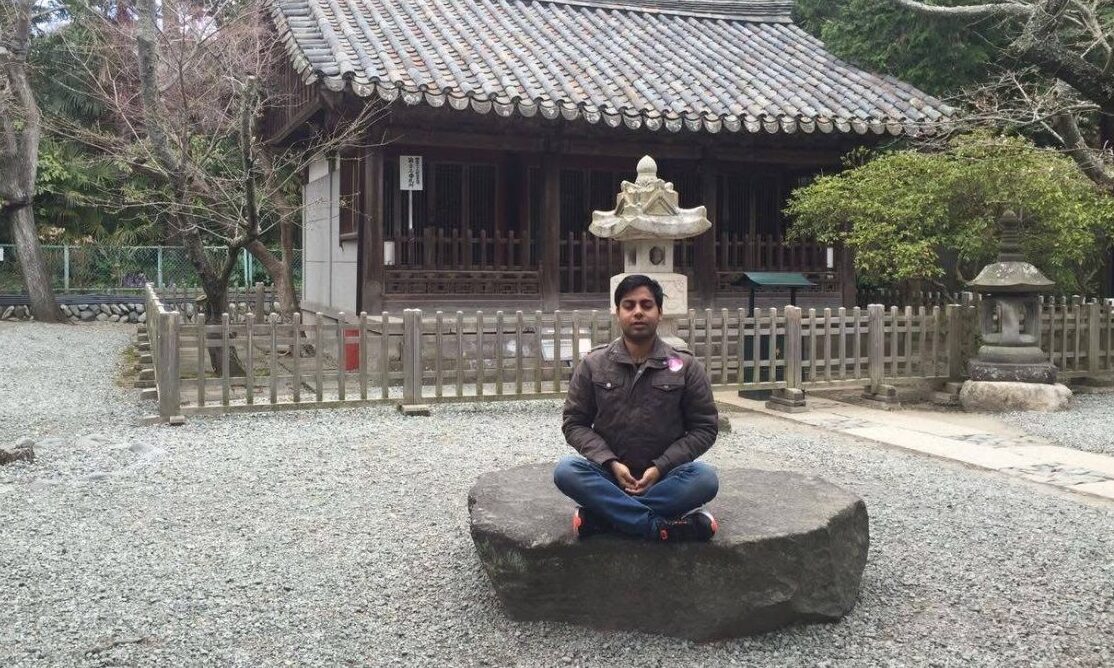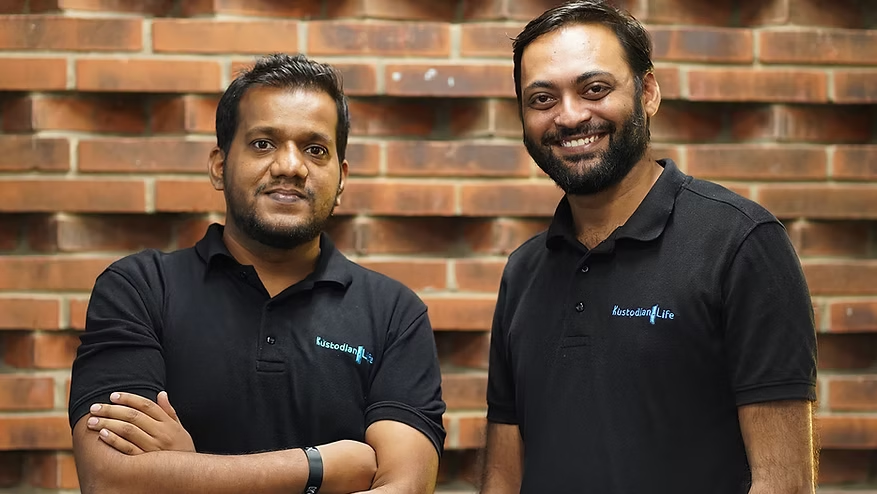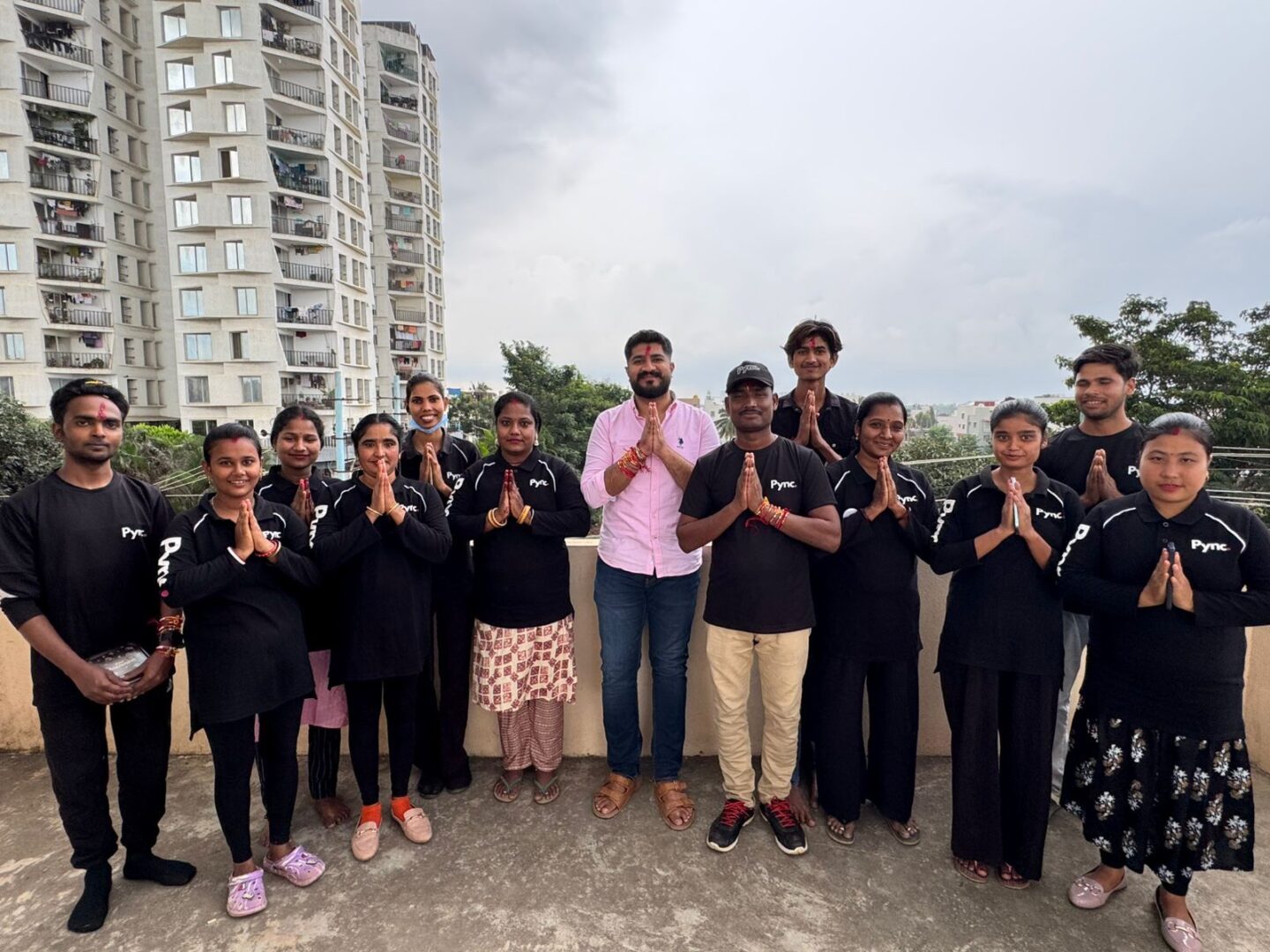Microsoft Japan’s Landmark 2019 Experiment
In August 2019, Microsoft Japan launched the “Work-Life Choice Challenge Summer 2019”, closing its offices every Friday to test a four-day workweek. About 2,300 employees participated in the pilot. Workers received full pay despite the reduced schedule, while meetings were shortened, face-to-face sessions were limited, and digital collaboration was encouraged.
The results were striking: productivity surged by 39.9% compared to the same period in 2018. Energy use dropped by 23%, printed pages fell by nearly 59%, and over 90% of employees supported the initiative. The experiment demonstrated that shorter workweeks could lead to increased output, lower operational expenses, and happier workers.
Global Four-Day Workweek Trials Show Similar Results
Since Microsoft’s success, several countries have tested shorter workweeks.
- UK Trial (2022): Sixty-one companies and almost 3,000 workers took part. Results showed reduced stress, better work-life balance, and stable revenues. Many firms chose to make the model permanent.
- Global Six-Month Trial (2025): Covering 141 organizations across the US, UK, Australia, Canada, and Ireland, this was the largest four-day workweek study to date. Employers reported reduced burnout, better sleep quality, and higher job satisfaction. More than 90% of companies continued with the model after the trial.
These findings suggest that the four-day week is not just a cultural experiment but a globally viable approach to boosting productivity while safeguarding mental health.
India’s Slow but Growing Interest
Due to labour limitations, client demands, and a cultural emphasis on long hours, adoption has been slow in India. Still, some forward-thinking companies are experimenting:
- TAC Security, a cybersecurity firm, introduced a four-day workweek to improve productivity.
- Benefits like improved wellbeing, job satisfaction, and morale are highlighted in academic studies from Indian institutions, but they also caution that industries that require round-the-clock operations have challenges.
The Indian debate continues, but as companies compete for talent, the four-day workweek could become a key differentiator in attracting and retaining employees.
The Future of Work: Beyond Hours to Outcomes
The evidence from Japan, the UK, and global trials shows that measuring outcomes rather than hours may be the key to future work culture. The four-day workweek is more than just a way to boost output for India and other developing countries; it also changes our perception of work-life balance. The four-day workweek might become the norm as more companies around the globe adopt flexible work schedules.
Also Read: How Startup Culture is Reshaping Work Life Across India

























